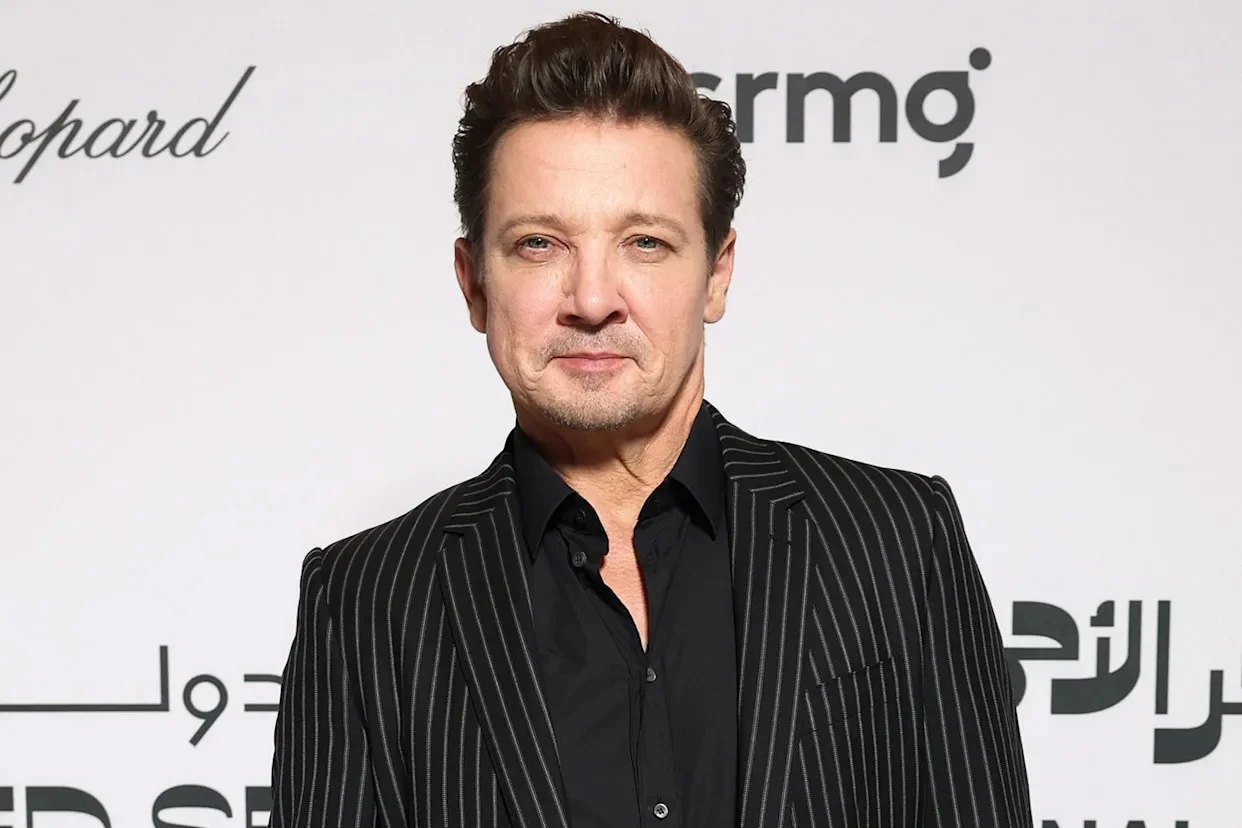Jeremy Renner has strongly denied the serious claims made by his former film partner Yi Zhou, who publicly accused the actor of sending unsolicited explicit images and threatening to involve immigration authorities. The allegations surfaced on November 3, when Zhou, a 34-year-old Chinese filmmaker, shared her account of the alleged incidents that took place during and after their reported romantic and professional relationship.
Details of Yi Zhou’s Public Accusations and Claims
Yi Zhou first drew attention to the controversy by posting on Instagram, accusing Renner of sending her
“a string of unwanted/unsolicited pornographic images of himself”
through direct messages and WhatsApp in June, purportedly to initiate a relationship. She claimed that Renner convinced her of his sincerity by saying he was open to a long-term relationship after being single for some time, leading her to believe in his intentions and the possibility of redemption.
In addition to their personal involvement, the two reportedly worked together on projects including Stardust Future and Chronicles of Disney. Zhou alleged that Renner refused to promote Chronicles of Disney publicly and failed to refute rumors that the project was created using artificial intelligence. This, she said, negatively impacted her reputation as a filmmaker.
Claims of Threats and Disturbing Behavior
Zhou further alleges that when she privately confronted Renner about his misconduct and asked for respect as a woman and filmmaker, he threatened to contact immigration enforcement on her. She described this threat as “deeply shocked and frightened” her and a clear example of the power imbalance women face in the entertainment industry.

While speaking to The Daily Mail, Yi described a frightening encounter at Renner’s residence in Reno, Nevada. She said that during a discussion about the logistics of their documentary project, Renner drank a full bottle of wine alone, becoming angry and yelling for two hours. Zhou said she had to share her location with her team, parents, and colleagues at Disney for safety, as she feared for her well-being.
In a state of anxiety over Renner’s behavior, she locked herself in a room, hoping he would not enter.
“I did not say a word, I was so scared for my life,”
Zhou remarked. She shared texts from coworkers urging her to secure herself, with one telling her to “lock yourself in the bathroom” because Renner “sounds crazy.” Zhou confirmed locking the door for protection while expressing her worry about his anger.
Exchanged Messages and Alleged Threats
Zhou shared screenshots of messages exchanged between her and Renner on WhatsApp, where she expressed anger by telling him to “go to hell” and called him a “pig.” She also accused him of using multiple apps to send explicit pictures. Renner allegedly responded with a partial message threatening,
“Immigration will be notified of your –,”
though Zhou did not share the full text, suggesting it referred to her immigration status.
On Instagram, Zhou expressed profound regret and sadness as she revealed her ordeal, emphasizing the emotional and psychological stress she endured while trying to protect her reputation and work. She urged fellow filmmakers, Academy voters, Hollywood executives, peers, and women to stand with her in confronting such abuses of power.
Jeremy Renner’s Firm Denial of the Accusations
In response, Jeremy Renner’s representative issued a statement to Us Weekly on November 7, unequivocally denying the allegations.
“These allegations are totally inaccurate and untrue,”
the statement declared, refuting Zhou’s claims and emphasizing the lack of foundation for the accusations.
The Broader Impact of These Allegations on the Industry
The claims made by Yi Zhou bring to light troubling issues regarding power dynamics and treatment of women in the entertainment sector, particularly when collaboration overlaps with personal relationships. Renner’s denial contrasts sharply with Zhou’s detailed accusations, creating a significant dispute that could affect both their professional reputations.
As these allegations continue to circulate, the responses from industry peers and governing bodies will likely influence ongoing discussions about safeguarding creatives’ welfare and professionalism. With Zhou appealing for support from filmmakers and Hollywood executives, the situation underscores the challenges women face when raising concerns of misconduct.
